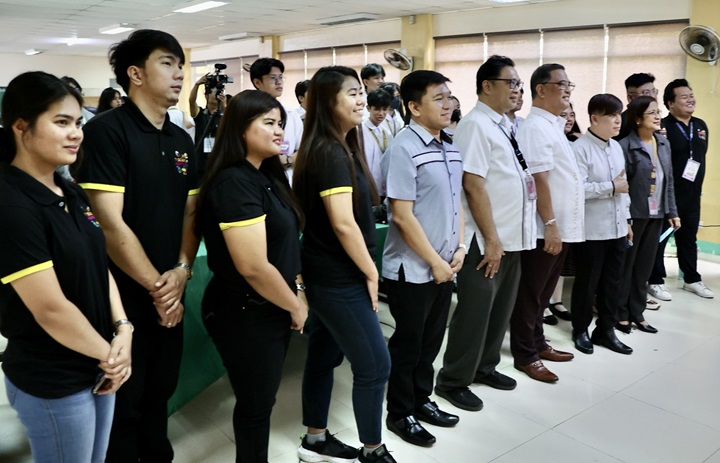
Some 115 junior high school students of Ismael Mathay Sr. High School (IMSHS) got to experience the real feel of being science journalists during the recently concluded seminar/workshop conducted under the Science Journo Ako advocacy program of the Science and Technology Information Institute of the Department of Science and Technology (DOST-STII).
The capacity building activity was held on March 07-08, 2024 at the Ismael Mathay Sr. High School campus in Quezon City.
The two-day activity featured lectures and workshop activities on Science News and Feature Writing, Basic Photography and Photojournalism, Social Media Content Creation, and Basic Principles of Layout and Design.
“DOST-STII will equip you with the competencies and skills to create meaningful science stories and capture compelling images that can change and affect the lives of our loved ones because through your work, you can explain to them clearly how scientific studies and inventions can make the lives of every Filipino much better,” said DOST-STII Director Richard P. Burgos.
Meanwhile, Dr. Modesto G. Villarin, the principal of IMSHS, stressed the importance of students acquiring fundamental journalism skills, especially in the context of discussing science-related topics. He expressed gratitude to DOST-STII for bringing this capacity-building activity to their school.
Beyond the 5Ws and 1H of science writing
Jasmin Joyce S. Clarin, Information Officer III of DOST-STII and Associate Editor of S&T Post, led the first day of the Science Journo Ako training by exploring the topic of Science News and Feature. She highlighted the differences between science news and feature writing, providing tips for finding compelling story angles to captivate target readers.
What’s the best camera for covering science events?
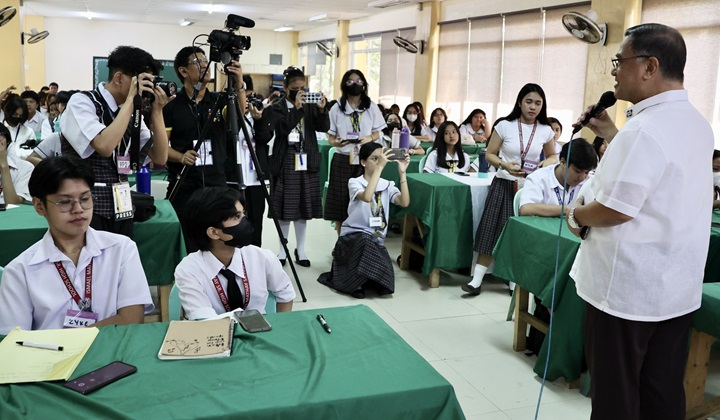
DOST-STII resident photojournalist Henry A. de Leon led workshop sessions on “Basic Photography and Photojournalism,” aiming to make the participants’ DSLRs and smartphones become their best tools for capturing memories.
In his lecture, de Leon emphasized that more than the quality of the photo, it should be able to tell an interesting story that can capture the appetite of the audience for what they need and what they want to see and experience.
“Photojournalism is an effective way of telling stories and disseminating information to a diverse group of people. Compared to texts or plain articles, photos are more attractive because of their colourful and interesting images. Photojournalism paints real pictures of events and emotions,” said de Leon.
Ultimately, de Leon said that the best camera one can have is the one they have when they need it most.
Creating engaging science content for social media
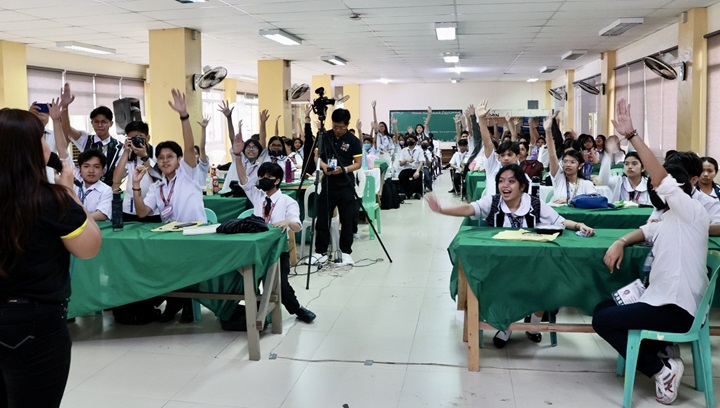
Meanwhile, DOST-STII social media manager and administrator, Allan Mauro V. Marfal, and science research specialist Rosemarie C. Senora shared tips for creating compelling science content for social media platforms, basic concepts of layout and design, and the importance of identifying and developing one’s brand on various social media pages.
In his presentation, Marfal explained the features and type of content and approach that would suit different social media platforms, namely: Facebook, Instagram, X, TikTok, and YouTube.
He added that with its accessibility and the ability for quick exchange of information and wider reach, various social media platforms could help in popularizing different scientific studies and make them more understandable to the public.
Senora explained the benefits of using infographics as it helps in memory retention, higher engagement, more persuasive, and have an added cool factor. She said that in infographic layout, the creator should consider if the format is vertical or horizontal. The vertical format is commonly used for websites and web pages, while the horizontal format is commonly used for printed materials.
Senora added that the creator should also take a closer look at some steps in designing. It includes establishing goals, determining the audience, organizing the story, knowing the message, establishing content, identifying the needed tools, and sketching.
Science Journo Ako Advocacy
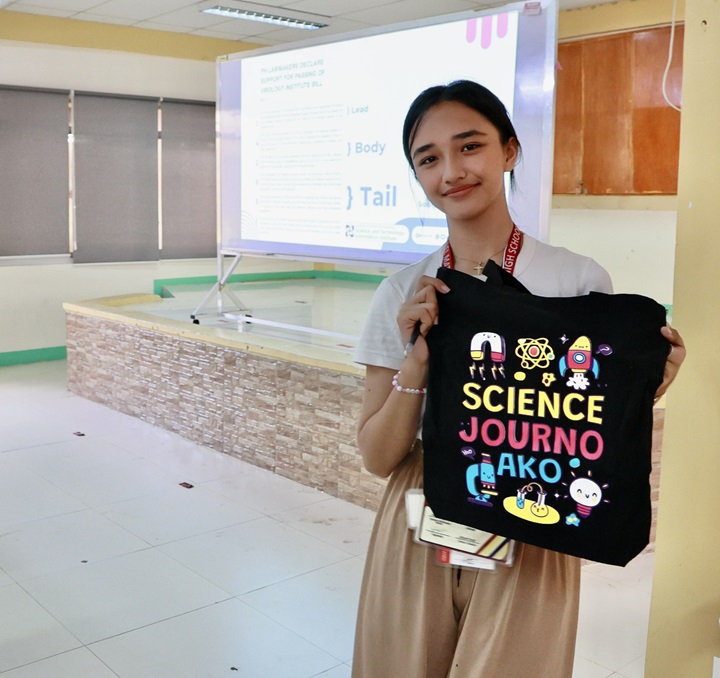
The Science Journo Ako advocacy program was launched by DOST-STII in 2015. The program collaborates with academic institutions, state universities and colleges (SUCs), and organizations committed in enhancing science communication and fostering a culture of science among students, faculty, researchers, and industry practitioners. To date, Science Journo Ako has already conducted 60 seminars/webinars, equipping approximately 6,140 students, researchers, and other stakeholders.
Marfal said that the Science Journo Ako advocacy of DOST-STII is beyond conducting training activities on science communication skills but more about helping different institutions to establish a sustainable program on promoting science and technology within their campuses, organizations, and communities through effective communication.
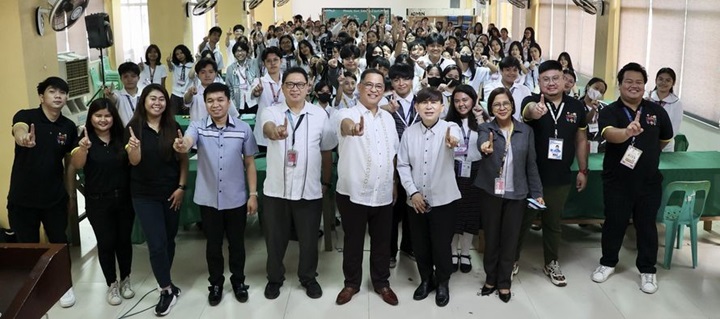
He also explained that Science Journo Ako aims to establish a pool of science communicators regardless of their profession and careers, especially nowadays, where knowledge of creating content is very accessible.
“After this training, we assure you that we will keep in touch with you and will have further discussions on how we can help you, for example, like creating a science page in your campus publications and making your websites and social media pages more engaging with interesting science,” said Dir. Burgos to the students and teachers of IMSHS.

